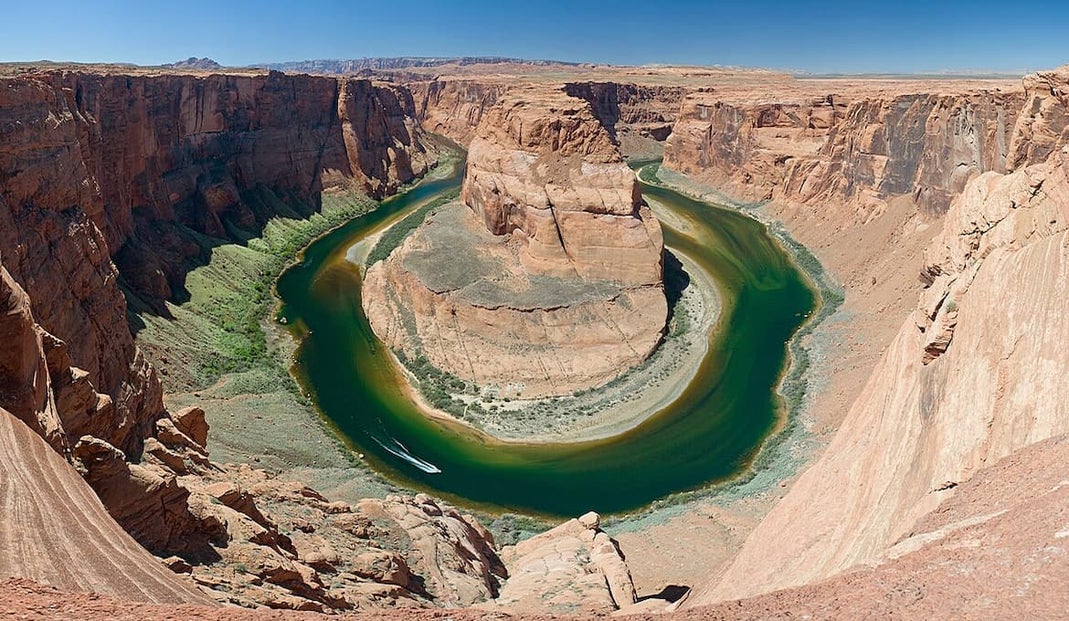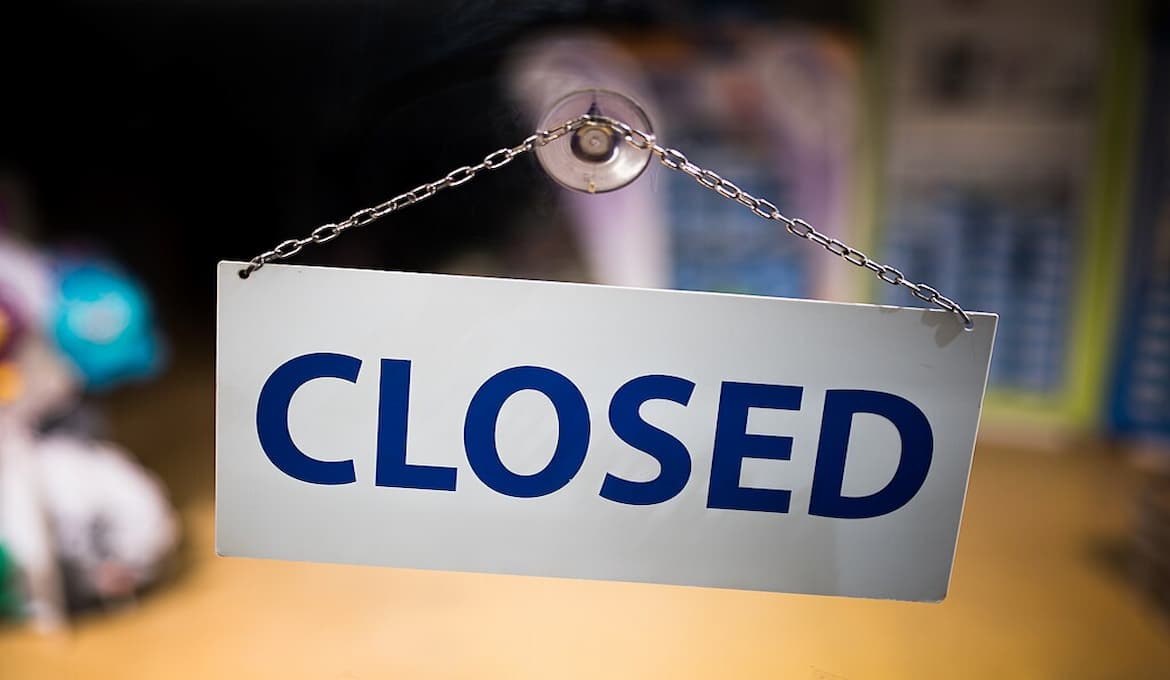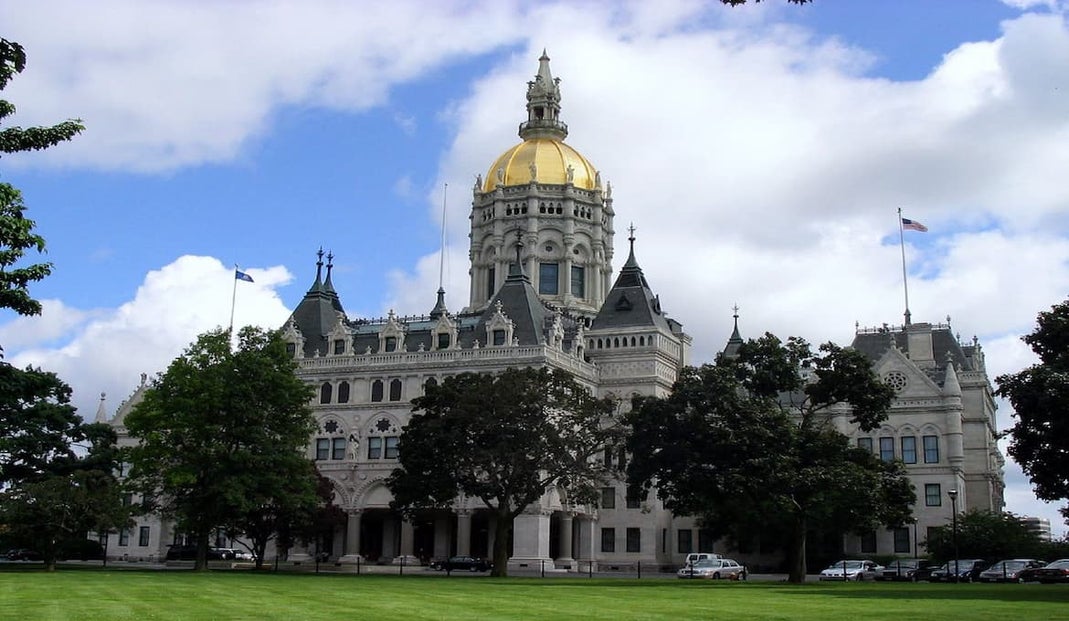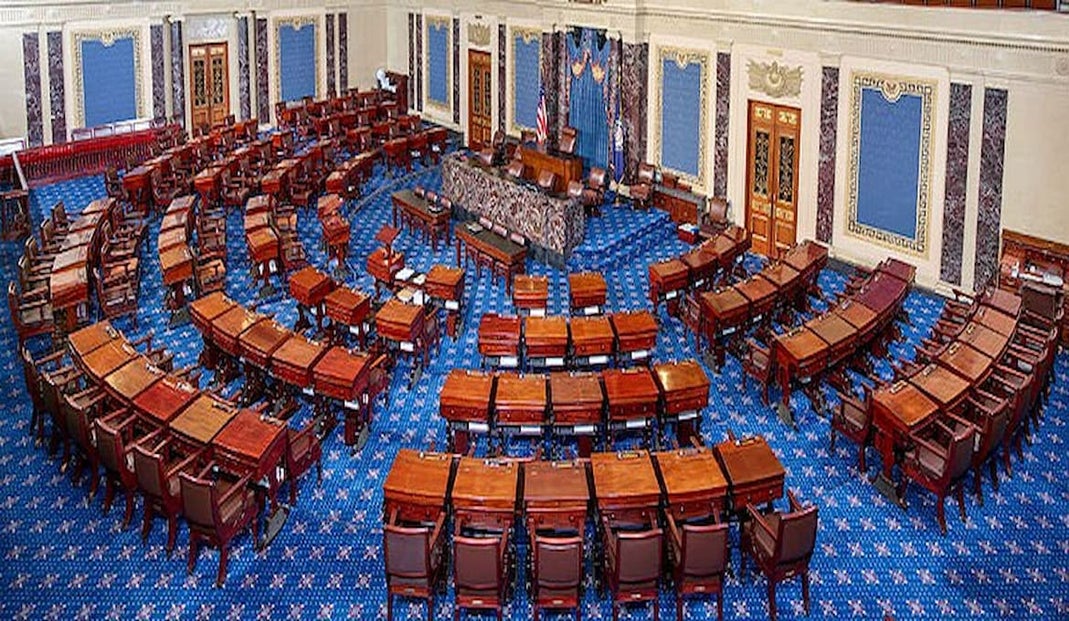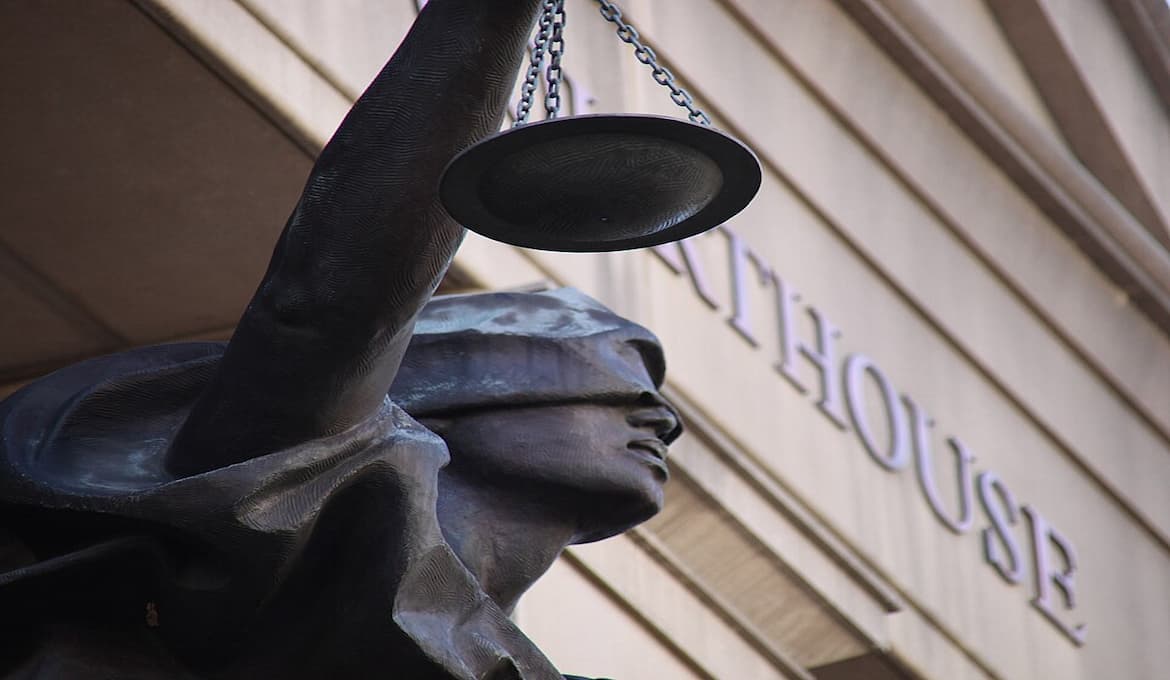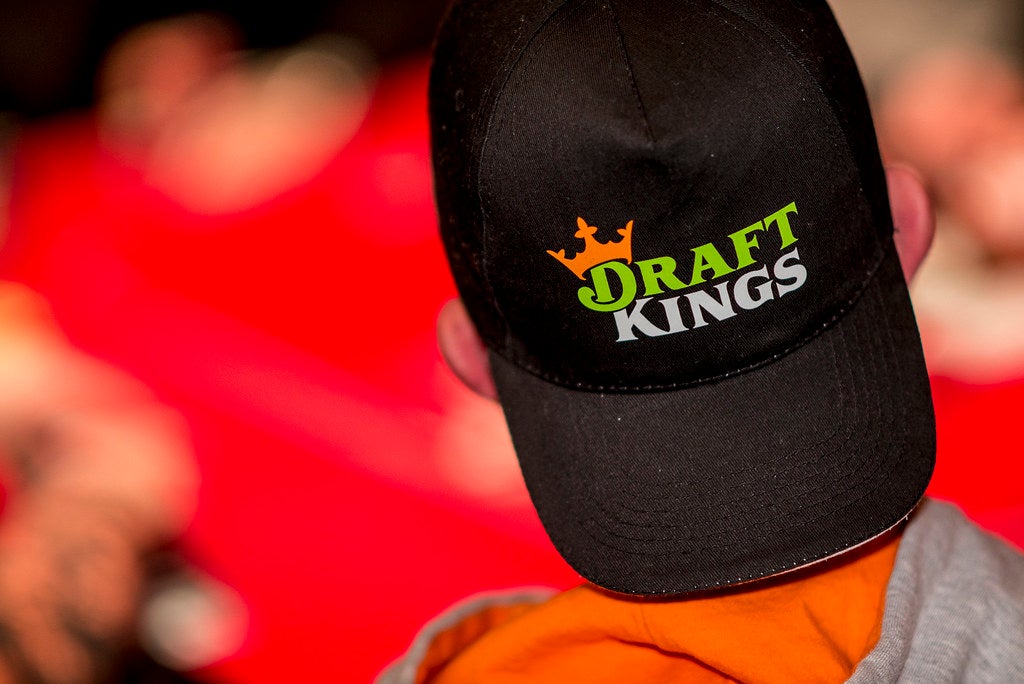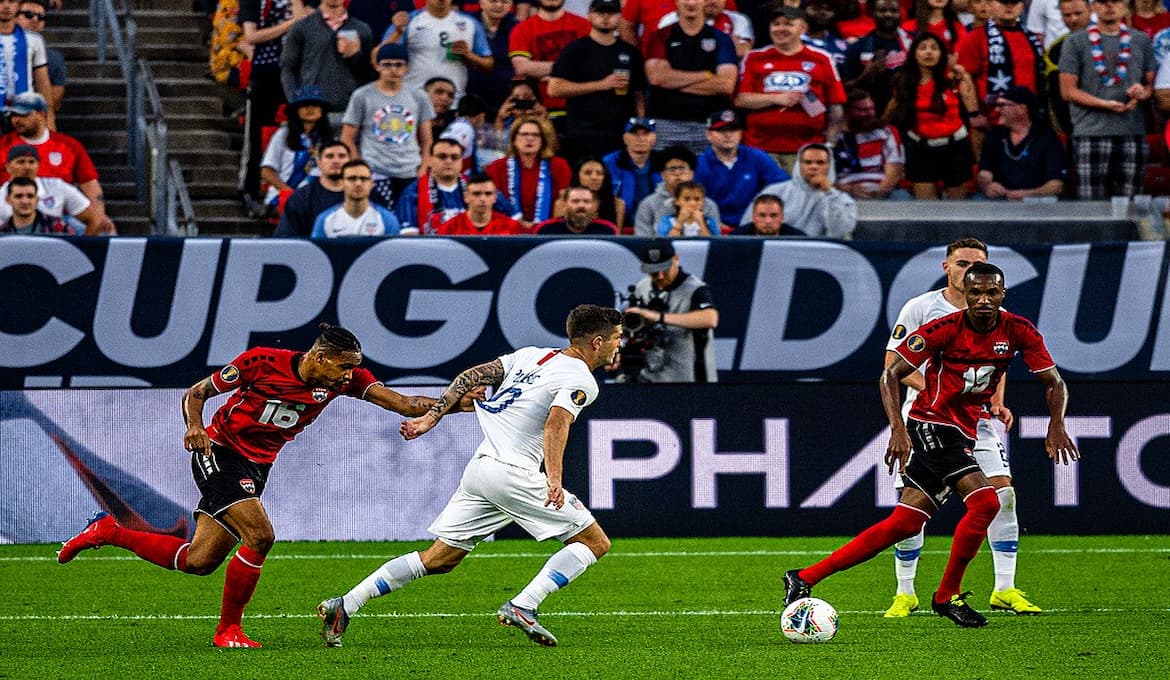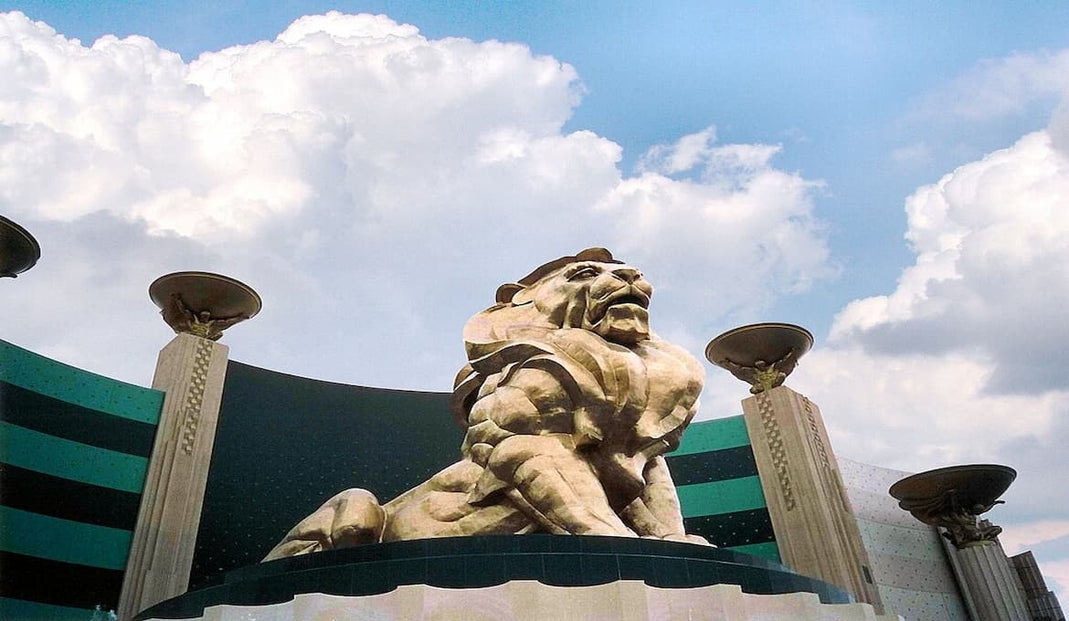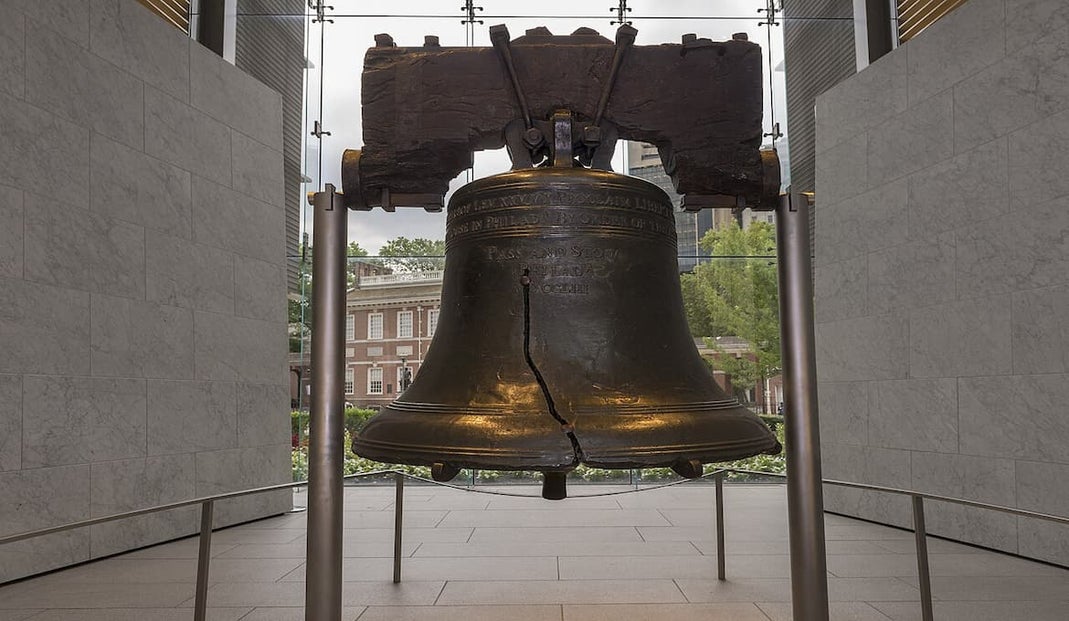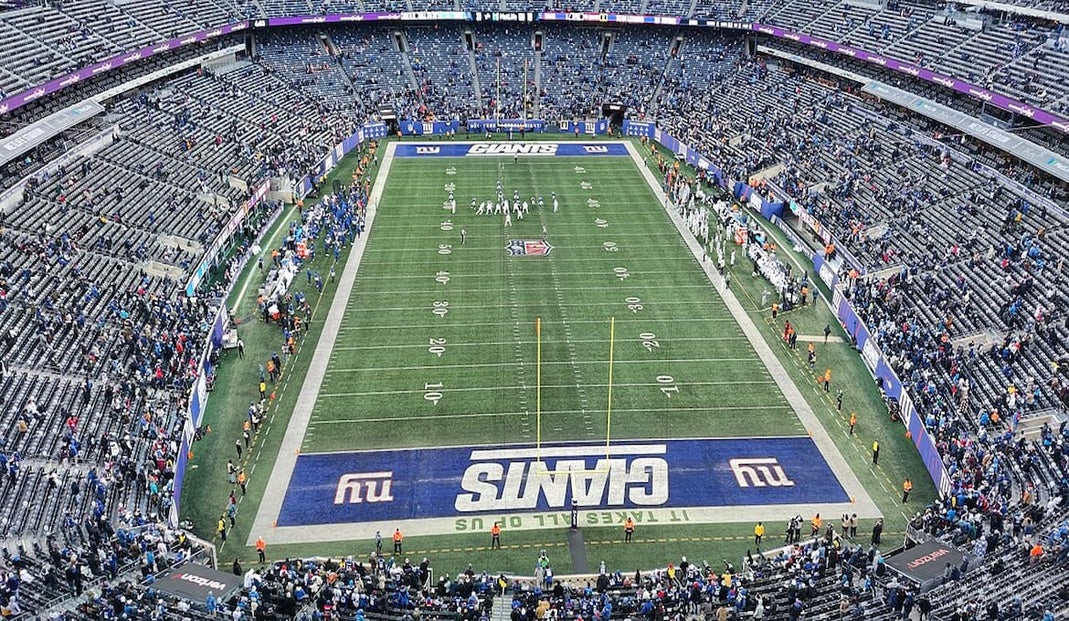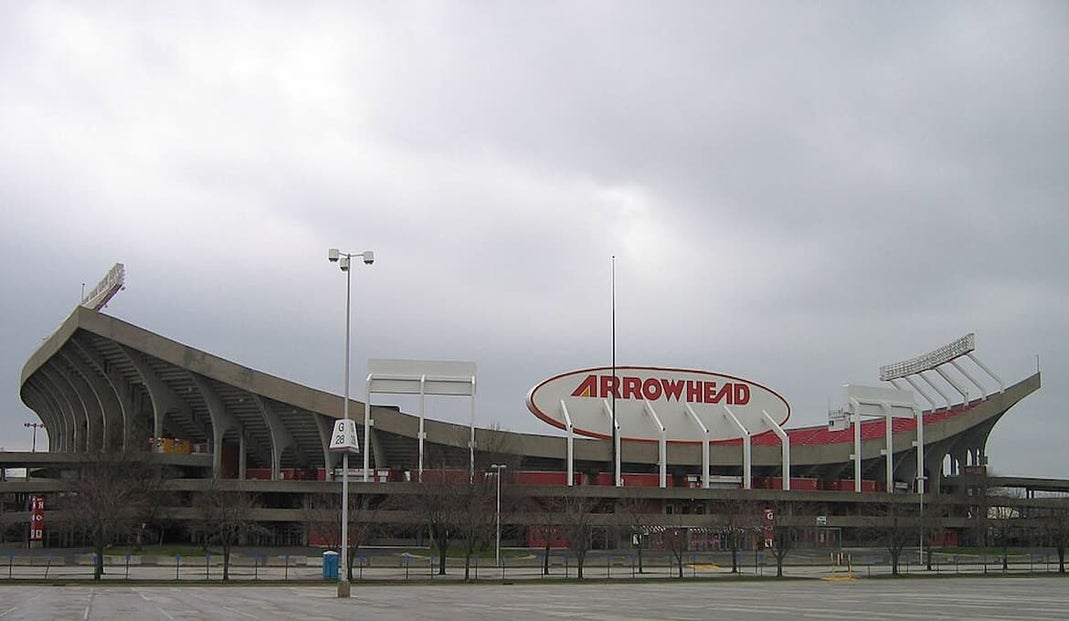Rising Revenue Led to Proposal
The driving force behind Prop JJ is the state’s rising sports betting revenue numbers. Colorado had not exceeded the cap much before the last few months, making it a non-issue. However, the industry continues to grow in the market, leading to more money being returned to operators.
Currently, the state can only keep $29 million in sports betting tax revenue per year. As of August, the state has seen just under $20 million. With over $12 million more expected to come in over the final few months, the state will set a new annual record.
Sportsbooks Opting to Stay on Sidelines
One of the most surprising parts of the debate over Prop JJ is the lack of input from sportsbooks. Operators have been fighting hard against states attempting to increase tax revenue, usually through tax hikes. However, Colorado’s current proposal is being seen as a compromise.
While operators would lose out on more revenue over the coming years if JJ passes, it would also prevent the state from raising its tax rate. Many states have aggressively raised their rates to capture more revenue, leaving Colorado with one of the lowest in the country.
Given the market’s size and the low tax rate, sportsbooks believe giving up the cap would be worth avoiding a significant hike.
Extra Revenue Would Go to Water Projects
Unlike many other states, Colorado does not funnel sports betting tax revenue into its education system. Instead, it uses that money to fund water projects across the state, including improving areas where residents can enjoy the water and conservation projects.
Colorado is one of the states strongly affected by low water levels in the Colorado River. States have struggled to determine how to divvy up the dwindling fresh water supply, leading to federal intervention. That has motivated the state to look for solutions instead of relying on negotiations with its neighbors.
.svg)



